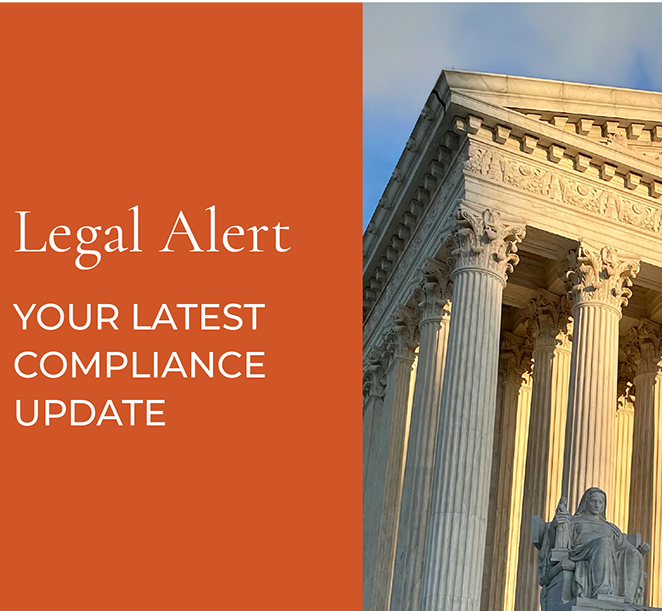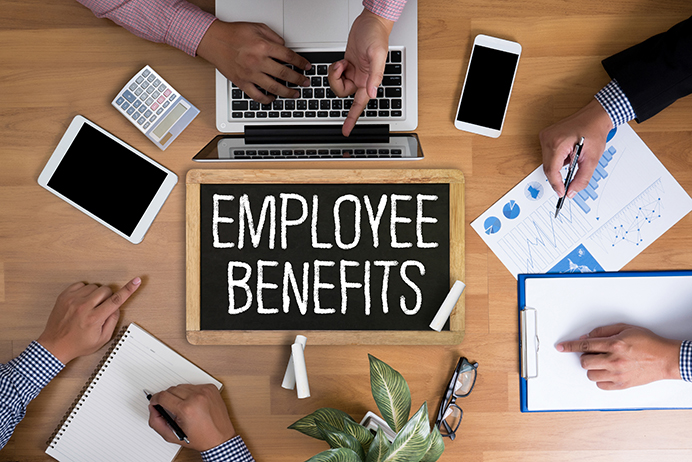Workplace Wellness: Combat Fatigue in the Workplace
We have all been there on a Monday morning. Feverishly hitting snooze on the alarm as it rudely awakens us from a blissful sleep. Going through our morning routine in autopilot until we find ourselves at a work station rubbing the sleep from our eyes. The days where no amount of caffeine can lift us from the fog. Being below par from time to time isn’t unusual, but fatigue in the workplace can actually be a serious problem. Especially if that fatigue becomes chronic. Tired individuals are less productive, less focused, have more medical problems, are absent more often and are more likely to be involved in a job-related safety incident. When you consider that we can survive longer without food than without sleep then the seriousness of the issue becomes apparent. If you pride yourself on being able to function on minimal sleep, or your workplace has a culture of burning the candle at both ends, the following five points deserve some consideration.
- Sleepiness Causes Accidents
Sleep deprivation and fatigue have been factors in some of the biggest disasters in recent history including the 1979 nuclear accident and the 1986 nuclear meltdown at Chernobyl. Studies show that sleep loss and poor-quality sleep also leads to accidents and injuries on the job. In one study, workers who complained about excessive daytime sleepiness had significantly more work accidents, particularly repeated work accidents.
- Sleep Loss Muddies the Mind
Sleep plays a crucial part in thinking and learning. Lack of sleep affects these cognitive processes in many ways. First, it impairs attention, alertness, concentration, and problem solving. Battling with the constant fog fueled by sleep deprivation makes it difficult to learn efficiently. Second, during the night, various sleep cycles serve to implant memories in the mind. If you don’t get enough sleep, you won’t be able to remember what you learned and experienced during the day. A problem that will affect even the most competent employees productivity.
- Sleep Deprivation Can Lead to Serious Health Problems
Sleep disorders and chronic sleep loss can put you at risk for extremely serious health problems such as heart disease, heart attack and high blood pressure. Our bodies need rest in order to recuperate and regenerate.
- Lack of Sleep Makes you Forgetful
If you find yourself fumbling for the right words in a meeting or staring blankly at a client trying desperately to remember their name then try getting more sleep. In 2009, American and French researchers determined that events called “sharp wave ripples” are responsible for consolidating memory. The ripples also transfer learned information from the hippocampus to the neocortex of the brain, where long-term memories are stored. Sharp wave ripples occur mostly during the deepest levels of sleep.
- Lack of Sleep Increases Your Risk of Death!
The final and most dramatic point when it comes to lack of sleep is that it could actually increase an individual's risk of death. In the “Whitehall II Study,” British researchers studies how sleep deprivation affected the mortality of more than 10,000 British civil servants. The results, published in 2007, showed that those who had cut their sleep from seven to five hours or fewer a night nearly doubled their risk of death from all causes.
Clearing the Fog: How to Combat Fatigue in the Workplace
If your workplace resembles a scene from the walking dead then do not despair. There is light at the end of the tunnel. The good news is that fatigue management can be a relatively easy and inexpensive wellness initiative to help alleviate this problem among your employees.
If you include fatigue and sleep disorders on a health risk assessment (HRA), you can use that information to help tailor an educational initiative. Likewise, you can administer an assessment specifically for sleep and fatigue. Based on the results of the assessment, implement programs to address the problems you discovered. Consider the following when looking to combat employees fatigue.
- Educate Employees
Offer employee educational materials to address the general issue of fatigue, including why getting adequate sleep is so important and tips for getting better sleep. Investigate sleep-tracker websites, apps or tools that would allow employees to record their nightly sleep amount and corresponding mood. Employees may be surprised at the actual amount of quality sleep they are getting each night
- Cultivate Healthy Habits
Cultivating certain habits can contribute to a better night’s sleep. Encourage employees to eat nutritiously, exercise regularly, and limit their consumption of alcohol, tobacco and caffeine. Caffeine consumption late at night and being glued to electronic devices just before bedtime can affect both the quantity and quality of sleep.
- Change the Environment
General changes in the workplace can also effectively address fatigue and its accompanying risks. Install proper lighting, designate quiet break areas and offer healthy food options in break rooms. Consider adjusting policies to allow for more frequent and restful breaks. Use machinery and equipment that eliminates or reduces any excessive physical demands of your employees. This can include ergonomic furniture and anti-fatigue matting.
- Ask the Individual
Ask employees what time(s) of the day they are most tired, and think of ways to address those times, e.g., offering a short extra break, providing a healthy snack option or allowing them to listen to music. This is especially important for employees who work in safety-sensitive jobs, where fatigue is a major hazard.
- Re-examine Job Descriptions
Take a look at your individual job descriptions and workloads as well to see if there may be a reason why a certain person or department may be struggling with fatigue. If you see that a job description is unbalanced or has had responsibilities added to it over the years, consider redesigning the job to include a variety of mental and physical tasks instead of all physical or all mental.
Taking even small actions is an important first step in addressing fatigue in your workplace.





